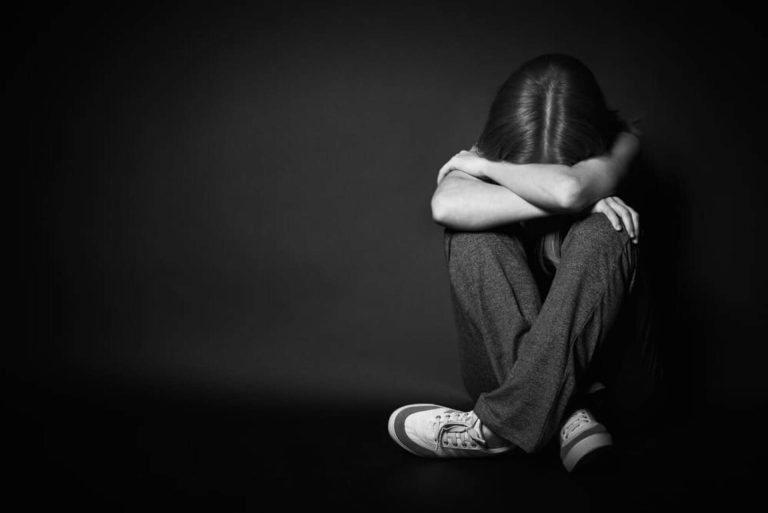Counselling

Why is counselling important?
It is common for people to go through adverse experiences in life. Some of the experiences can even be traumatic. While there are major traumas (e.g., accidents, abuse, loss of loved ones) in life, there’re also minor ones (e.g., break-ups, difficulties at work and home, interpersonal conflicts). Both major and minor adverse life experiences can affect us significantly. Our perception and understanding about self, others and the world tend to be shaped by the aftermath of adverse life experiences.
- However, we as human beings are actively participating in processing life events. How we make sense of adverse life experiences is also influenced by our upbringing, personality traits, coping skills, support system etc. We have the free will to utilise our internal and social resources to cope with life difficulties. Some people move on by accepting life as such, some people overly adjust with negative changes in their lens about life, and some learn to be grateful about life even after traumatic experiences.
- Counselling and psychotherapy is to help you build internal and external resources, actively apply adaptive coping, reprocess difficult experiences, and eventually see life through a lens of hope.
What do you seek for counselling?

Personal Development
We all carry emotional baggage with us. Although the baggage may not always create major problems in our daily life functioning, it can turn into tiny voices constantly bugging, criticising, sabotaging, and doubting us at the back of our minds. It can be tiring and exhausting having to manage these tiny voices. We become afraid of success and becoming ourselves, because the tiny voice tells us that we’re not good enough / we don’t deserve success. In counselling, we listen, explore and address these voices, so that you can let go of the self-limiting beliefs and actualize yourself.
Possible topics on personal development: Low self esteem/confidence, self-identity, procrastination & lack of motivations, pessimistic views about life, loneliness, stress management, quarter life crisis, cultural adjustment (China and Malaysia)

Mental Health
Mental health issues are highly common. Anyone can develop symptoms of mental health conditions under stressful life events. It is also contributed by many factors, including the individual’s coping methods, support system, communication styles etc. There are often deeper reasons underneath the symptoms. We not only provide a treatment plan for clients to better manage the symptoms, but also help clients increase awareness about the underlying issues and gain deeper self-understandings.
Examples of mental health issues: Depression, Anxiety, Panic attack.

Addictions
Addictions develop when a person is feeling overwhelmed coping with their daily life stressors and adverse life experiences. Often, the addictive behaviour and substances are meant to comfort or pacify the deep pain underneath, so that they could live through the day. Addictions are also a substitute for an unfulfilled underlying need, and it is often related to the need of wanting to feel connected. In counselling, we help people struggling with addictions to reclaim control, practice abstinence from addictive behaviour, and learn the necessary skills to fulfil their needs.
Examples of addictions: gambling, pornography, alcohol, and food addiction

Relationship issues
Humans are social animals. We grow and thrive in relationships. We learn about ourselves through relationships too, especially in family and romantic relationships.
Problems in interpersonal relationships can also bring us tremendous stress. The most common problems we struggle with in relationships include being entangled in an unhealthy relationship dynamic, lacking effective communication skills, and having difficulty setting boundaries.
We may not always be aware of our own patterns in relationships. Sometimes we become aware of it when we continually hear the same complaints from our family or partners, or when we argue with our loved ones about the same issue again and again.
Examples of the work we do include: setting personal boundaries, improving communication skills to lessen relationship conflicts, teaching how to cultivate intimacy and connection in relationships, guiding individuals on how to repair their relationships, and helping individuals cope with family members facing addiction issues.
The Process of Counselling
The initial process of counselling requires counsellors to gather information and understand presenting issues from the clients. To have effective treatment outcomes, it is encouraged for clients to have counselling goals or be aware of their motivations prior entering the treatment.
The frequency of sessions as well as the length of treatment vary depending on the progress of each individual client.
Each counselling session typically takes approximately an hour.
All information in counselling is being kept private and confidential except circumstances where the safety of the client or others is at risk.
Currently, we do not have the capacity to work with crisis cases. Please contact the following if you’re having a crisis:
- SOS 24-hour crisis helpline 1-767 or via Care Text @ https://www.sos.org.sg/contact-us
- IMH helpline 63892222
- Go to the nearest A&E
Testimonials
- Share:
You may also like

Blog #2 – Victim Mentality
- May 6, 2024
- by soulreconnection
- in Soul Reconnection

Blog #3 – Ego and Universal Love

Blog #1 – Emptiness and Spiritual Awakening

